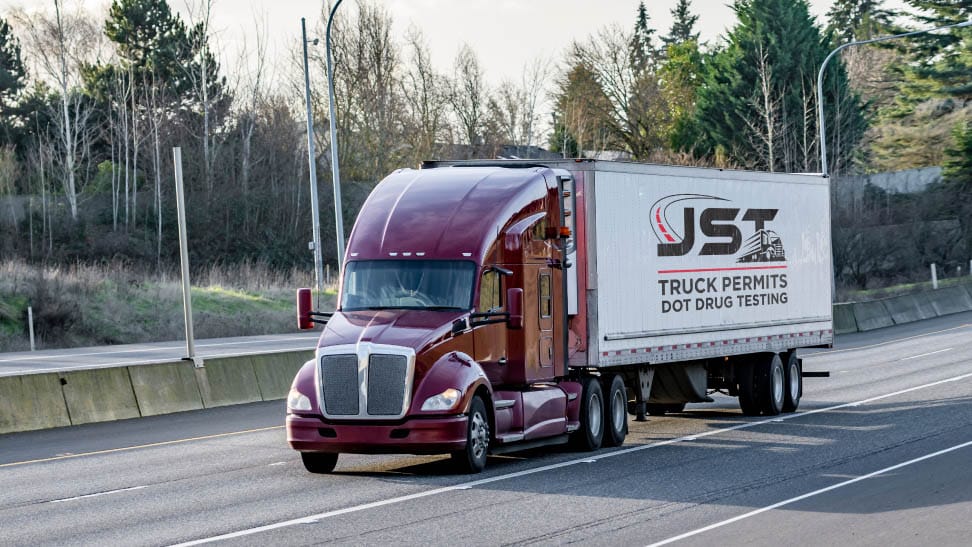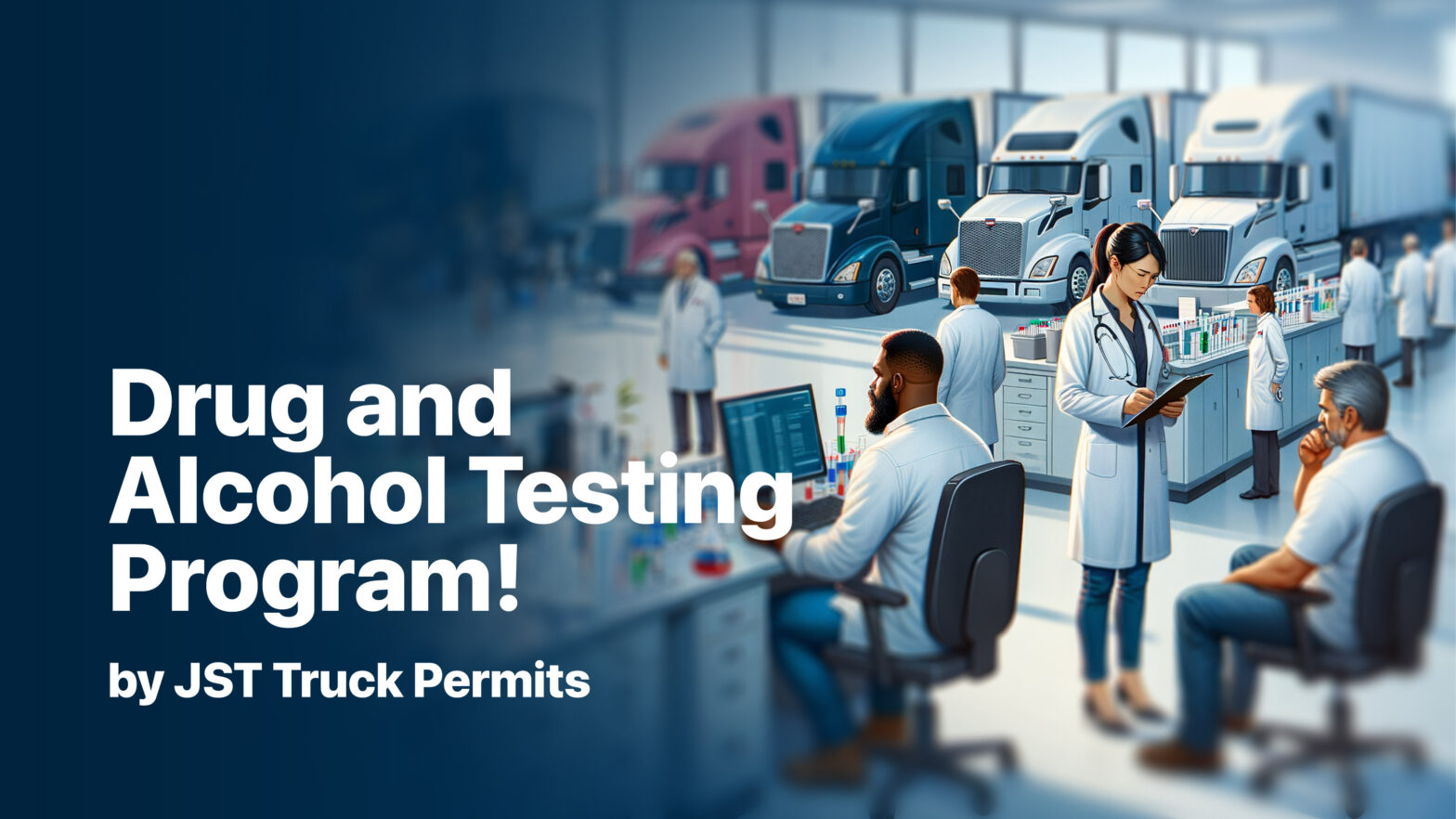Navigating the Challenges Faced by the Trucking Industry in the United States
From regulatory hurdles to labor shortages and evolving technology, the trucking industry must navigate these obstacles to ensure its continued growth and success. In this blog post, we will explore some of the key challenges faced by the trucking industry in the United States and discuss potential solutions to address them.
1. Driver Shortage: One of the most pressing challenges facing the trucking industry is the persistent shortage of qualified truck drivers. An aging workforce, demanding work conditions, and a lack of interest from younger generations have contributed to this issue. The shortage not only affects operational efficiency but also leads to increased transportation costs and delays. To tackle this challenge, industry stakeholders are focusing on driver recruitment and retention initiatives, improving working conditions, offering competitive wages, and providing training and development opportunities.
2. Regulatory Compliance: The trucking industry operates in a highly regulated environment. Compliance with federal and state regulations, such as hours-of-service rules, electronic logging device (ELD) mandates, and safety standards, poses a significant challenge. Navigating these regulations while ensuring operational efficiency and timely deliveries can be complex. Trucking companies must stay informed about changing regulations, invest in technology to streamline compliance processes, and prioritize driver training and education.
3. Infrastructure and Congestion: The state of the nation’s infrastructure and increasing congestion on roads present substantial challenges for the trucking industry. Poor road conditions, outdated bridges, and congestion not only impact delivery times but also result in increased fuel consumption, maintenance costs, and safety risks. Addressing this challenge requires investment in infrastructure improvements, effective traffic management strategies, and collaboration between the government and industry stakeholders to develop efficient transportation networks.
4. Rising Fuel Costs: Fluctuating fuel prices are a significant concern for the trucking industry, as fuel costs account for a significant portion of operational expenses. Rising fuel prices impact profitability and put financial pressure on trucking companies, especially small and independent operators. To mitigate this challenge, trucking companies employ fuel management strategies, such as optimizing routes, adopting fuel-efficient technologies, and leveraging data and analytics to make informed decisions.
5. Technological Advancements: While technology brings opportunities for improved efficiency and safety, it also presents challenges for the trucking industry. Embracing and adapting to rapidly evolving technologies, such as autonomous vehicles, blockchain, and telematics, requires significant investment and a shift in operational practices. Trucking companies must keep pace with technological advancements, implement relevant solutions, and provide training and support to drivers to maximize the benefits and navigate potential disruptions.
The trucking industry in the United States faces a range of challenges, including driver shortages, regulatory compliance, infrastructure constraints, rising fuel costs, and technological advancements. However, with proactive strategies and collaboration among industry stakeholders, these challenges can be addressed effectively. By focusing on driver recruitment and retention, staying abreast of regulations, advocating for infrastructure investments, implementing fuel management strategies, and embracing emerging technologies, the trucking industry can overcome these obstacles and continue to thrive as a critical component of the nation’s transportation infrastructure.














